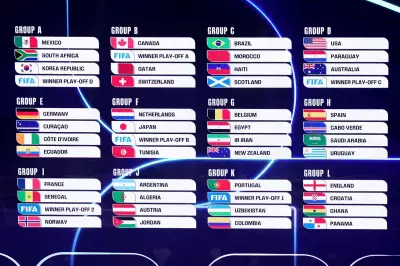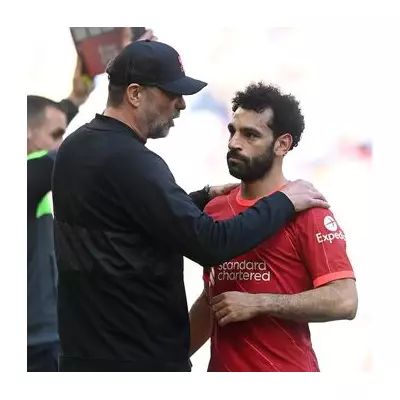
Aaron Woods, the beloved former NRL prop turned radio personality, has delivered a raw and emotional account of his painful childhood, revealing the profound reason he continues to struggle with Father's Day.
Speaking candidly on his Triple M show, the 33-year-old explained that the annual celebration is a stark reminder of his fractured relationship with his own father, a dynamic that has left lasting emotional scars.
A Childhood Shadowed by Absence
Woods recounted a youth where his father was largely absent, both physically and emotionally. He shared a particularly poignant memory from his school days that forever coloured his perception of the holiday.
"I remember in primary school, the teachers would tell us to make a Father's Day card," Woods revealed. "I'd be the only kid sitting there, not making one. I'd just tell them my dad was away for work."
This early experience cemented a feeling of isolation and otherness, making the commercially cheerful holiday a source of anxiety and sadness rather than celebration.
From the Footy Field to the Airwaves
Despite the challenges at home, Woods channeled his energy into rugby league, forging an incredibly successful 14-year career in the NRL. Playing for clubs like the Wests Tigers, Cronulla Sharks, and St George Illawarra Dragons, he became a fan favourite known for his toughness on the field.
Now, in his successful transition to radio co-host on Triple M's "The Rush Hour with Gus, Jude & Wendell," Woods uses his platform to connect with listeners on a personal level. His decision to share this deeply personal story highlights his vulnerability and resonates with many who find similar holidays difficult.
A Message of Understanding
By speaking out, Woods sends a powerful message to others who find Father's Day challenging. His story serves as an important reminder that behind the marketing and social media posts, the day can be painful for those with absent, abusive, or deceased fathers.
His openness contributes to a broader conversation about mental health, family dynamics, and the pressure to conform to societal expectations, encouraging empathy and understanding for those who grieve on days meant for celebration.





